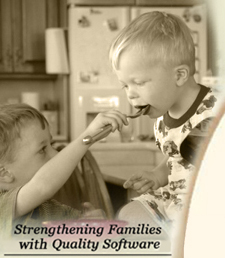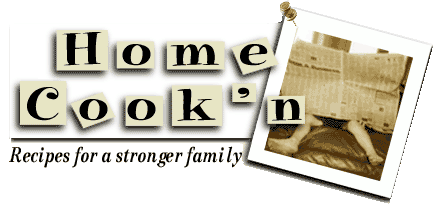
|
TOP SELLERS

Cook'n with Betty Crocker $29.95 

Cook'n Download $79.95 
NEWSLETTERS
• NEW Cook'n Club Weekly• Current Issue • HomeCook'n Archive CONTACT US
• Contact Info 
|

|
|
|||

|
|
Join the Cook'n Club!
An unbeatable value with exclusive benefits for members only.
Enjoy articles like this and many other benefits when you join the Cook'n Club.
OTHER GREAT EGG ARTICLES
• Perpetually Perfect and Peelable Hard-Boiled Eggs
• More Egg Tips from Cook'n Users
• Centered Yolks
• Hard Boiled Eggs in Colorado
• Good Egg? Bad Egg?
• Appealing Eggs
• Cracked Egg = Bad Egg?
• Hard Boiled Egg?
• Hard Boiled Eggs
• How to Hard Boil Eggs @ High Altitudes
• Hard-Boiled Egg Tips
• Use Cooking Oil when Boiling Eggs
• More on Hardboiled Eggs
• Fool-Proof Peeling
OTHER GREAT NEWSLETTER ARTICLES
. Hard Boiled Egg
• Cook'n & Truck'n
• The Watchmaker
• Bad Morning
• HomeCook'n Cover Page
• Perpetually Perfect and Peelable Hard-Boiled Eggs
• More Egg Tips from Cook'n Users
• Centered Yolks
• Hard Boiled Eggs in Colorado
• Good Egg? Bad Egg?
• Appealing Eggs
• Cracked Egg = Bad Egg?
• Hard Boiled Egg?
• Hard Boiled Eggs
• How to Hard Boil Eggs @ High Altitudes
• Hard-Boiled Egg Tips
• Use Cooking Oil when Boiling Eggs
• More on Hardboiled Eggs
• Fool-Proof Peeling
OTHER GREAT NEWSLETTER ARTICLES
. Hard Boiled Egg
• Cook'n & Truck'n
• The Watchmaker
• Bad Morning
• HomeCook'n Cover Page
|
Also Available At:     |
|
Affiliate Program |
Privacy Policy |
Other Resources |
Contact Us
| Link to Us © 2007 DVO Enterprises, Inc. All rights reserved. Sales: 1-888-462-6656 Powered by WithinMySite.com |

